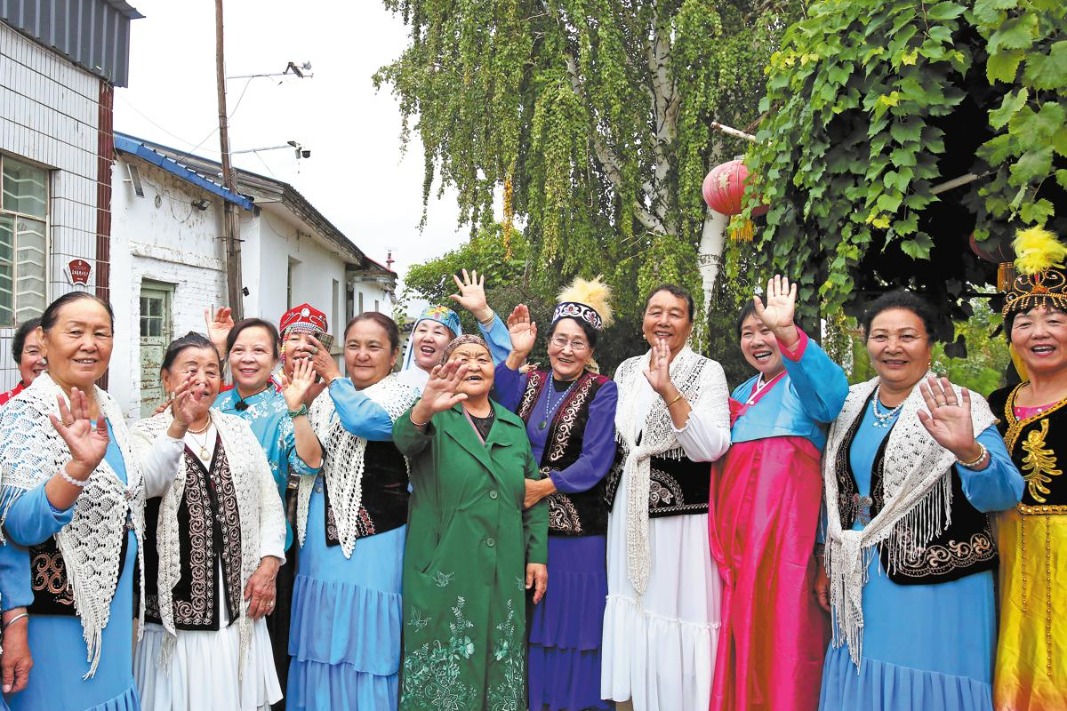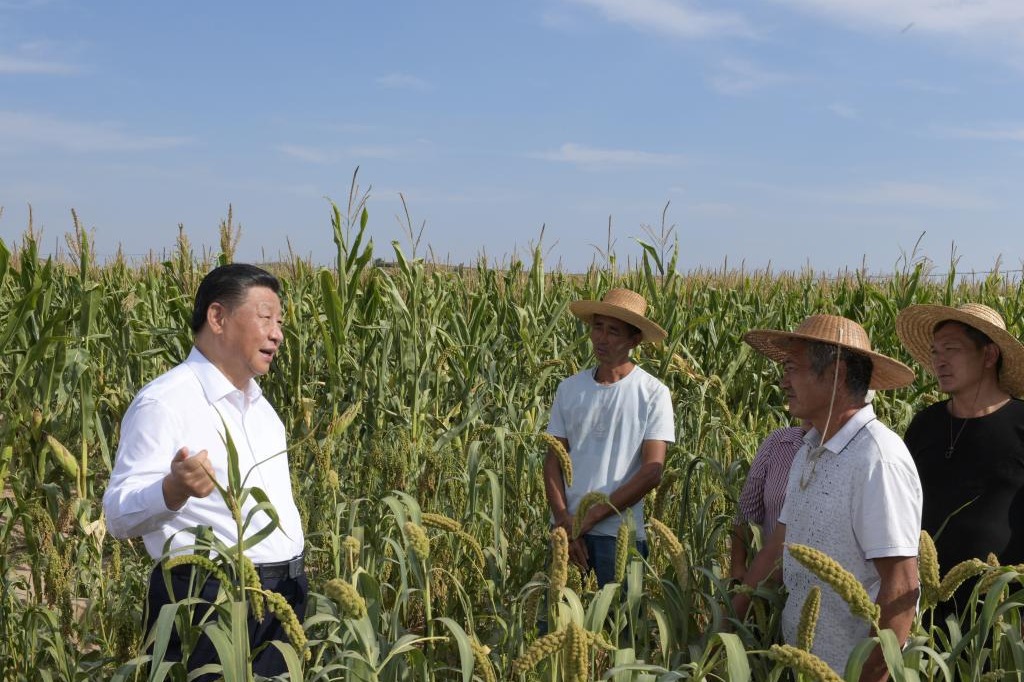China, ROK, Japan need to strengthen trade despite geopolitics


During the past decade, the CJK Cooperation Dialogue has been playing an important role in promoting trilateral exchanges among China, the Republic of Korea and Japan. Despite the COVID-19 pandemic and the changes in trilateral relations, the CJK Cooperation Dialogue continued to be held every year thanks to the joint efforts of the three sides.
Since 2017, the China Institute for Reform and Development has taken the lead in organizing the annual dialogue. Next year, the CIRD will host the event again and try its best to make a good start to the next decade of the CJK Cooperation Dialogue.
Only through cooperation can China, Japan and the ROK achieve win-win results. This year marks the 24th anniversary of the establishment of trilateral cooperation among China, Japan and the ROK (during this time, the total trade among the three sides grew from about $130 billion in 1999 to nearly $800 billion in 2022). In the past 24 years, the trilateral cooperation has not only promoted trade among and the development of the three countries, but also helped boost trade and development in the rest of East Asia and beyond.
It is therefore hoped that in spite of the rapid, radical global changes, China-Japan-ROK economic and trade cooperation will overcome the problems created by geopolitics, and deepen cooperation for the common good.
There is still great potential for China-Japan-ROK cooperation to achieve more mutual benefits. The three economies may have become more competitive with each other in the field of manufacturing in recent years, but they still have strong complementarity when it comes to trade in services (China's service trade with Japan and the ROK grew from $48 billion in 2012 to about $63.8 billion in 2021). However, if the three economies want to explore new areas of cooperation, they need to further open up their economies to each other's industries.
Till last year, China had been the largest trading partner of the ROK for 19 consecutive years and Japan for 16 consecutive years. And in the next 10 to 20 years, China's economic structural transformation and upgrading of sectors such as industry, science and technology, consumption, urban and rural areas, and energy is likely to create an even bigger market for both Japan and the ROK.
Given the developments over the past few years, however, the three sides should jointly consolidate the Regional Comprehensive Economic Partnership as the world's largest free trade agreement, not least because the RCEP accounts for at least 30 percent of the global population, global trade and global economy. The three countries have made great efforts to build the world's largest FTA and hopefully they will continue their efforts to build it into an even more formidable and win-win FTA.
For example, Beijing, Tokyo and Seoul should jointly promote high-level opening up of the RCEP region, because they account for the bulk of the RCEP's economic aggregate. In fact, the three sides' GDP, trade volume and added value put together account for more than 80 percent of the RCEP's cumulative economy. No wonder they are the biggest export markets in the region.
To be sure, the three economies are in a position to promote the upgrading of the RCEP, as well as help align and integrate the RCEP's rules with those of the Comprehensive and Progressive Agreement for Trans-Pacific Partnership. And as the CPTPP's leading member state, Japan should facilitate the entry of China and the ROK into the agreement and, together, the three countries should promote the RCEP's rules in fields such as trade in services, e-commerce, so they match those of the CPTPP.
To do so, the three sides should start by expanding trilateral trade under the RCEP framework, with the focus on trade in services. In order to adapt to the general trend of industrial transformation driven by the digital economy, the three sides should jointly explore and exploit the large digital economy market in the region, promote cooperation in tourism, education, culture and entertainment and other fields, in order to overcome the problems created by a rapidly rising aging population.
Besides, the three countries should facilitate market- and rules-based free trade, to jointly promote regional development.
The three countries should also fulfill their market commitments under the RCEP framework by further opening up their respective market to each other. The RCEP has, for the first time, brought China, Japan and the ROK under one institutional framework which requires them to open up their markets to each other, so as to reduce tariffs, and abide by the economic and trade rules set by a regional trade agreement. Since none of the three countries has fulfilled their openingup commitments, they need to negotiate how to shorten the transition period of tariff concessions, and how to help change the RCEP's rules of origin from "partial accumulation" to "full accumulation".
It is also important for the three sides to propel their domestic institutional reform by further opening up their markets. China has been trying to join the CPTPP and the Digital Economy Partnership Agreement (signed by Singapore, New Zealand and Chile), because it sees the two trade agreements creating tremendous opportunities and building a market-oriented, law-based global business environment, deepening reforms for the purpose of increasing market access and promoting institutional reform through institutional opening up.
The author is president of the China Institute for Reform and Development.
The views don't necessarily represent those of China Daily.


































